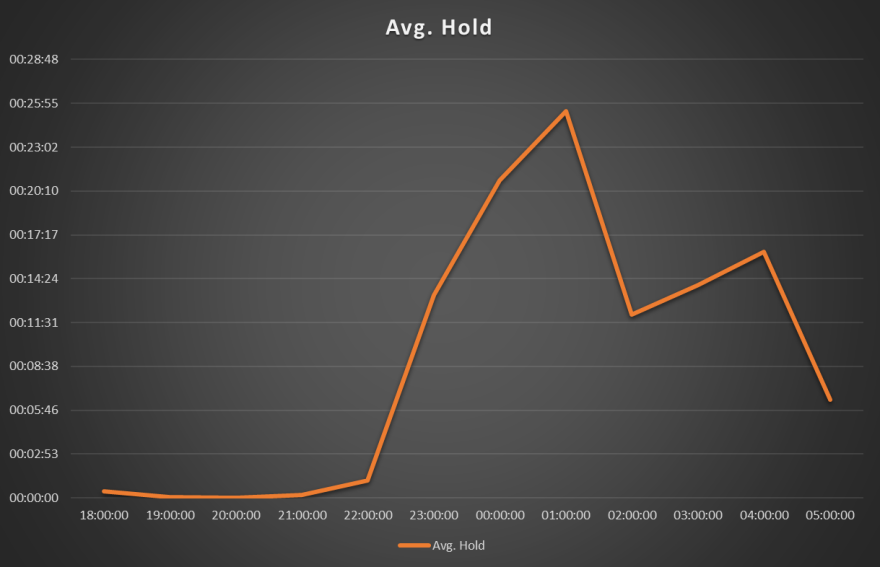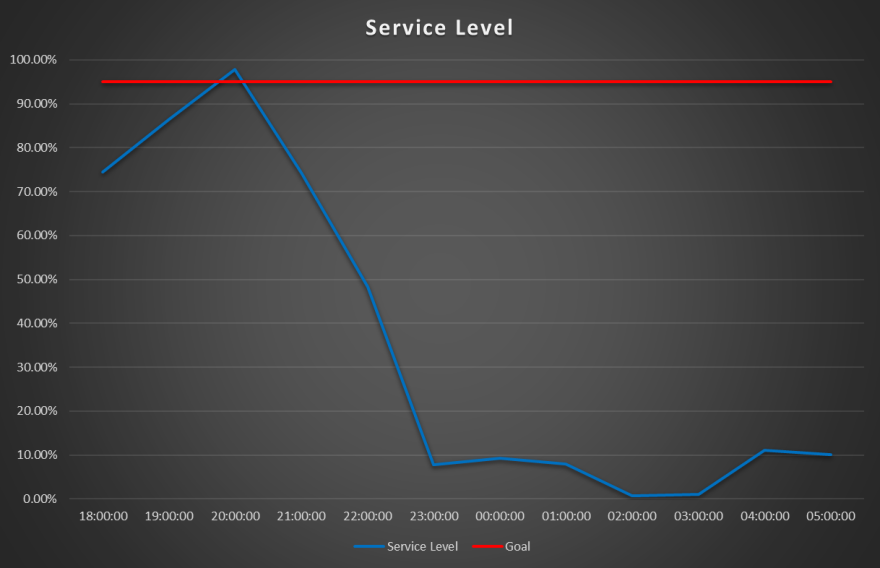Austin's 911 call center had about 200 calls on hold for hours on end New Year's Eve and into the next morning.
People waiting for emergency assistance were unable to get help. Those who hung up were bumped to the back of the line.
“Nobody has ever seen that happen at our call center,” said Casey Callahan, who spent more than seven years as a police dispatcher before becoming a communications supervisor. “At least in the last 10 years that I’ve been there, we’ve never seen our queue like that.”
911 calls started accumulating around 10 p.m. and by 1 a.m., the average wait time was 25 minutes.
Under national standards, 90% of 911 calls should be answered within 15 seconds. According to Callahan, the percentage of calls answered in a timely way between 2 a.m. and 3 a.m. plummeted to 1%.


The operators were trying to keep up with calls all night, getting through them as fast as they could. But Callahan said that can be dangerous, too.
“If they’re just trying to rush through the call, they might miss something,” she said. “There’s no time for mistakes in a major emergency.”
Out of 104 operator positions, 48 are vacant. Call takers are burning out, Callahan said, as the department has been understaffed for months.
Lt. Kenneth Murphy, director of APD Emergency communications, said the department has received a lot of applications for call takers and dispatchers, but more than half of applicants don’t follow up to continue the hiring process.
“You have to have a calling to want to help people and to want to do this type of work,” he said. “Because it certainly isn’t easy.”
Murphy said the hiring and training timeline has been cut down and made more efficient, but it still takes roughly two and half months for a new hire to get up to speed.
Callahan said there may be a batch of new hires going through training soon, but she’s worried the department won’t be fully staffed in time for South by Southwest in March.
“We have this looming thing coming on the horizon,” she said. “That’s always a really, really busy time for us.”
Callahan said she hopes things will improve soon so the department can investigate why it has been struggling for months.
After this story was published, the City of Austin sent KUT a statement saying APD was seeing more applicants following "compensation adjustments," but that it knows "there is more to do."
"Three dispatchers were hired last month with five dispatchers and four 911 call takers anticipated to join APD and start training by the end of this month," a city spokesperson said in an email.
Anyone interested in applying for an open position can visit the city's hiring page at AustinTexas.gov.








